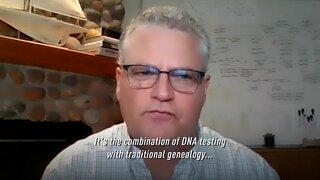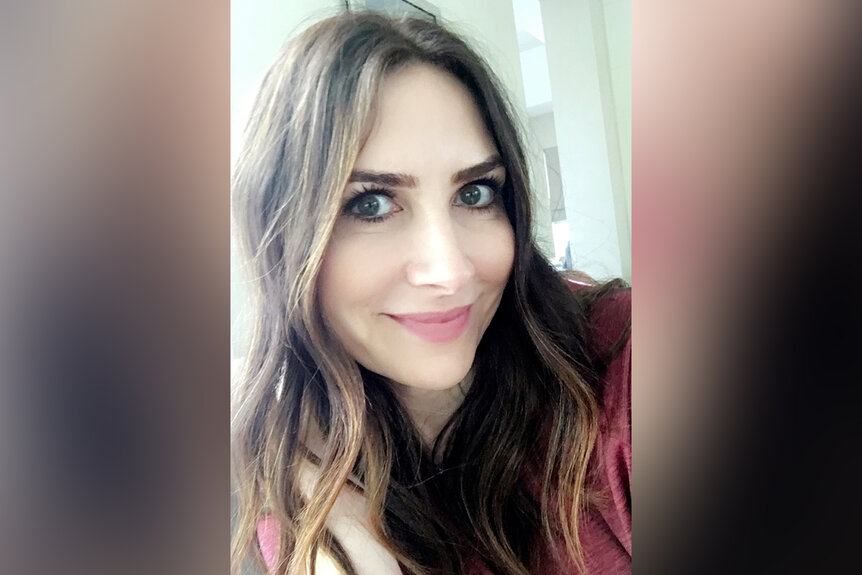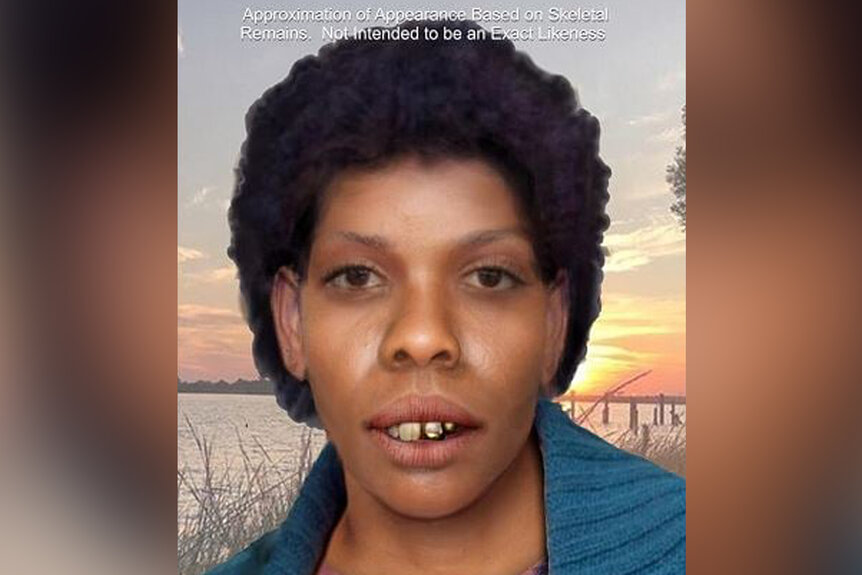Create a free profile to get unlimited access to exclusive videos, breaking news, sweepstakes, and more!
Woman On A Mission To Fund DNA Cases Until All Unidentified Remains In Mississippi Get Their Names Back
Carla Davis has been funding multiple cases in her home state of Mississippi and even helped identify a possible victim of serial killer Samuel Little.

A former Mississippi resident is on a mission to give every set of unidentified remains in her home state their names back.
Genetic genealogist Carla Davis currently lives in Dubai but she maintains a home back in the state where she grew up and said she always feels close to Mississippi.
“I think no matter where I live, Mississippi is always home for me and no matter how long I'm away I feel I return to my roots when I go home,” she told Oxygen.com. “If I'm going to do any philanthropy work, I would like it to be in my home state and I want to continue those efforts until they are exhausted.”
Davis noted that there are about 60 cases of unidentified remains in Mississippi listed in The National Missing and Unidentified Persons System. She plans to contribute to the funding of every single one that involves DNA evidence until all the cases have been solved. Only then, she said, will she be able to move on to fund cases in other states.
“I am passionate about all of them,” she said, adding that her family had been in the state for generations. “Particularly ones from the southern part of Mississippi where I am originally from.”
Davis grew up in the tiny town of Purvis, which has a population of a little more than 2,000 people.
And so far, Davis has been successful in her mission. She has fully funded six cases and partially funded another two with a forensic genomics labratory. Of the eight cases, three have been solved and one is currently pending DNA confirmation. Her funding led to the June identification of Kimberly Funk, who had just moved to the state from Pennsylvania before vanishing. Funk's skeletal remains were discovered by hunters in Vancleave in 1991 and for decades was known as simply “Vancleave Jane Doe.” Davis also gave Mississippi resident Anderson Bolls, whose skeletal remains were discovered in 2020, his name back, late last month.
Furthermore, Davis funded the identification of a possible serial killer victim. Clara Birdlong, who for 44 years was known only as “Escatawpa Jane Doe,” was identified last month through DNA testing and genetic genealogy. The late serial killer Samuel Little is the prime suspect in the Mississippi woman’s murder.
Before helping fund these cases, Davis solved more than 200 unknown parentage cases— which are often adult adoptees searching for biological parents — through genetic genealogy. Davis, who has 15 years worth of experience, starting out as a genealogical hobbyist, under her belt, even solved her own paternal biological father’s identity back in 2016. She does volunteer search angel work for DNA detectives and donated financially to some of CeCe Moore’s cases when she first started getting into genetic genealogy. (Moore is now head of genetic genealogy at Parabon NanoLabs.)
Davis’ drive to give unidentified remains their names back derives from a murder that affected her deeply in the 1990s. Lauren Easterling, 11, was a friend of Davis' daughter and had attended a birthday party at their home in 1998 when Davis struck up a conversation with her that would haunt her.
“We talked about what she wanted to be when she grew up,” Davis recalled.
But Easterling never got to grow up. Just days later, she was kidnapped from her front yard. Her body was discovered in a canal in New Orleans days later. She had been raped and strangled to death.
“I often think what if they would have found her years later and they couldn't have identified her and it took DNA to identify her?” Davis asked Oxygen.com, while fighting back tears. “She was an only child. How long would her mother have lived without knowing that information?”
She noted that literally anyone with money to spare can help solve cases and identify remains. Catherine Serbousek, for example, used funds that she saved for her 40th birthday party to fund research into an unsolved child murder case, which led to the identity of the victim. As a result, Alisha Ann Heinrich, 2, got her name back last year after being known as “Delta Dawn” since her body was found in Mississippi in 1982.
There are several cases on DNASolves that are looking for community funding.
“We have these agencies that don’t have the funding to get these cold cases solved but communities can get together and raise the funds to help,” Davis said. “It’s a collaborative effort, one that anyone can be a part of. Anyone can donate to these cases and everyone can make a difference.”
























